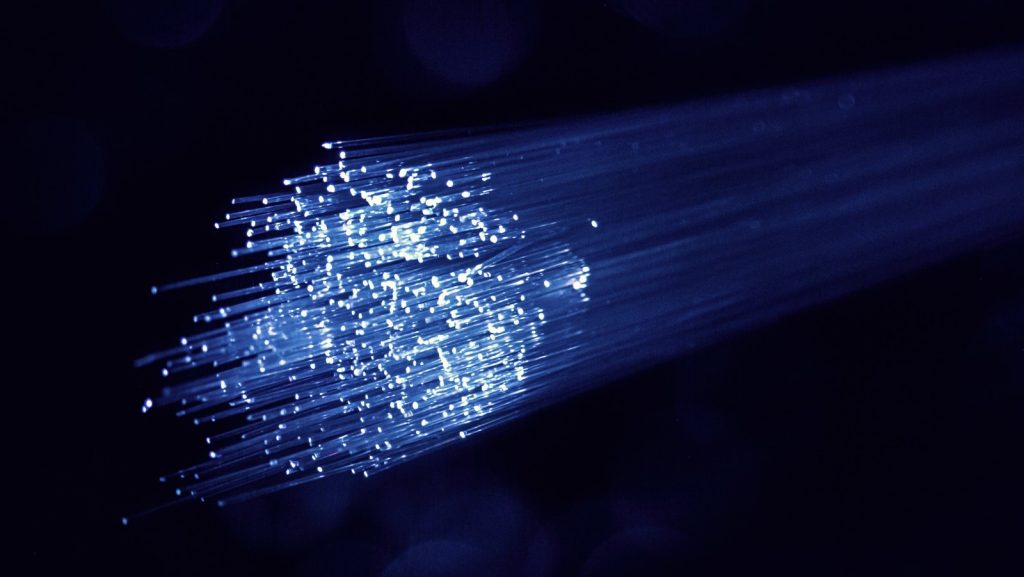For most of the past decade, software drove the tech conversation. Updates, features and AI tools promised to make devices smarter without needing better…
No fibre internet in your area? Fibre alternatives that you can try

Fibre has pretty much become the global standard for internet access. Yet, in South Africa, coverage is still relatively limited. So, what are we to do if our area still lacks the wonders of fibre internet?
Fortunately, there are a few great, affordable and high-speed alternatives to fibre that will keep you connected.
Here’s a look at some of the fibre alternatives you can choose from.
5G mobile internet
5G refers to the fifth-generation wireless tech for broadband mobile networks and is the successor to the widely used 4G.
It delivers a high-speed internet connection of up to 20Gbps, and an average download speed of 100Mbps to 200Mbps. It also boasts extremely low latency that averages around 10ms.
One of the main drawbacks of 5G is that there is still limited access, especially in South Africa. This means that the 5G service isn’t available everywhere and is not a travel-friendly solution.
If 5G sounds like your cup of tea, Rain’s 5G deals are certainly your best bet compared to other providers.
Rain 5G Unlimited will set you back R999 p/m and provides you with all the benefits of high-speed 5G internet access.
If you’re looking for a cheaper uncapped alternative, Rain’s throttled 5G deal (throttled to a decent 30Mbps) will cost you R699.
While other providers, such as Vodacom and MTN, also boast 5G deals, they’re a fair bit more expensive when it comes to uncapped options.
One of the most popular fibre alternatives: High-speed LTE
LTE is another wireless broadband option that serves as a great alternative to fixed-fibre solutions. It’s basically an improved version of 4G that delivers considerably faster internet speeds.
Since it works with 4G technology, it is also widely available, with 96,4% of South Africa having access as of 2020.
A drawback of LTE is that you will require an LTE router to access the network using a SIM card. However, this router can be taken on your travels and used anywhere LTE access is available.
When it comes to LTE, there are a few options you can look at.
Rain once again has the best offer, charging you R699 per month for uncapped, fixed LTE.
Telkom also has an uncapped, fixed-LTE option at R899 per month.
MTN AirFibre – the new kid on the block
Earlier this year, MTN announced the implementation of its Supersonic air fibre.
According to Calvin Collett, Managing Director of MTN SA’s ISP, Air Fibre is “built as a premium uncapped technology that ranges from 5Mbps to 100Mbps, which allows users access to the internet as a full-fibre experience”.
Calvin Collett, managing director of MTN SA’s ISP, Supersonic, said that Air Fibre serves as an alternative to the labour-intensive rollout of cabled fibre, by using MTN’s existing reception network.
Currently, coverage is still extremely limited. However, MTN did claim that they will implement AirFibre infrastructure if there is enough interest shown in specific areas.
Visit MTN’s Supersonic website to see if your area has AirFibre available. If not, you can show your interest here.
Plans are available at the following prices and speeds:
- R399 per month for 5Mbps uncapped
- R499 per month for 10Mbps uncapped
- R599 per month for 20Mbps uncapped
- R799 per month for 50Mbps uncapped
- R999 per month for 100Mbps uncapped
Other fibre alternatives
More innovations in the internet technology industry are unlocking new solutions, especially where fibre access is limited or difficult to roll out.
While it will take a while for these solutions to reach further into South Africa, they are on the horizon.
Look out for innovations in high-speed satellite internet solutions. Government has also invested in the startup FibrePoynt to develop a high-speed, antenna-based fixed internet network.
Read more: Government wants to give all people in South Africa access to internet within two years
Feature image: Denny Müller/Unsplash


